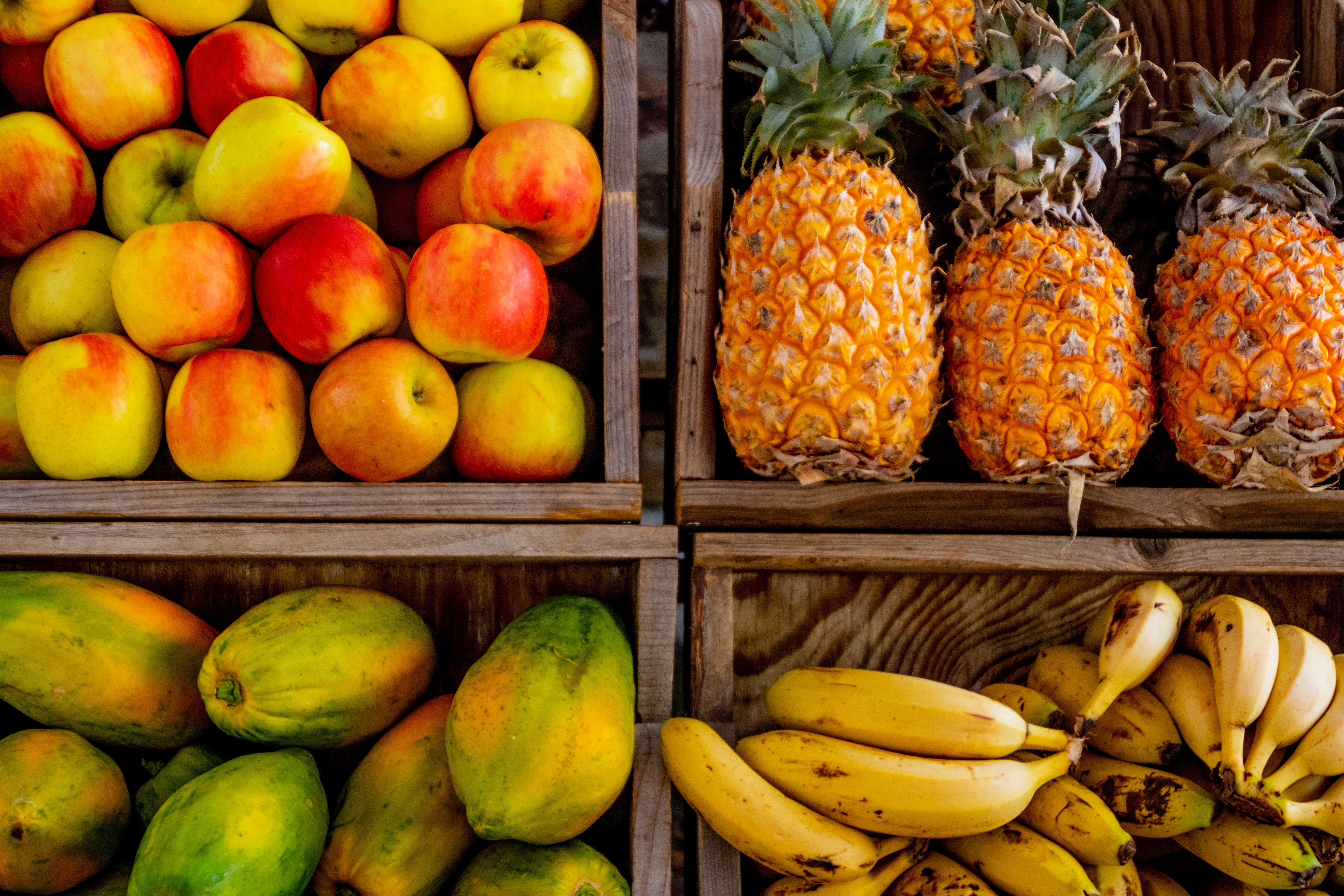
Por Paola Villarreal
January 27, 2022
Calii is a grocery delivery startup originally from Nuevo León, Mexico. They operate as a supply chain capable of bringing thousands of grocery items to its users’ doorsteps in less than two hours.
It recently received US$22.5 million dollars in a Series A. This was led by Dalus Capital and JAM Fund, with the participation of some investors such as Forerunner Ventures, Streamlined Ventures, Y Combinator and Base10 Partners. With this investment, Calii has raised almost US$35 million dollars.
After this survey, Calii will begin a new phase of growth, expanding its presence in Mexico and the rest of Latin America. Their plans include covering 14 cities and multiple countries in the next six months. In addition, the company is launching new products and categories, such as a buy now, pay later (BNPL) service offering Calii Pay. With this financing offer, it is expected to exceed 10,000 daily orders.
Its founders, David Arrambide and Maurizio Caló, are both engineers who graduated from Stanford. Calii works as a mobile supermarket through an application that connects the main producers and brands with customers, thus automating the supply chain. The company uses micro automated fulfillment centers and algorithms that manage to make demand more efficient.
The products with which they began to operate were fruits and vegetables. Later they began to expand their business to meat, seafood, prepared items, groceries, etc. By cutting out middlemen, Calii reduces efficiencies and manages to generate more profits for producers. There are also big savings for its users. Calii’s prices are currently on par or lower than traditional chains like Walmart.
The difference that Calii wants to highlight compared to other delivery startups such as Jüsto, JOKR, Cornershop or Rappi is in the prices, speed and reduced catalog of groceries and ultra-fresh products.
Calii’s growth has been exponential since its creation in 2019. During the last 12 months, the company has tripled its income. It now makes more than 2,000 deliveries a day and its number of collaborators increased by 250%.
According to the AMVO Online Sales Study 2021, e-commerce in Mexico reached US$316 billion pesos in 2020; that is, it grew 81% compared to the previous year. Due to this, it already represents 9% of total retail sales, making the online supermarket a category that has gained ground in the digital universe.
You may also like: Q&A | Supermarkets Had Not Evolved in More Than 40 Years: Alejandro Sisniega, Co-founder of Jüsto
November 20, 2024
October 29, 2024